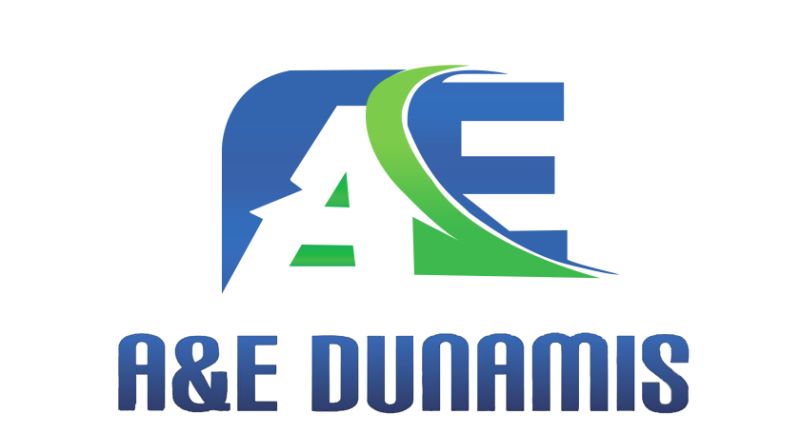🔌 How to Properly Charge an A&E Dunamis Tubular Inverter Battery
🔌 How to Properly Charge an A&E Dunamis Tubular Inverter Battery
⚡ Introduction
Proper charging is essential to ensure your A&E Dunamis tubular inverter battery performs efficiently and lasts longer. Incorrect charging not only reduces backup time but can also damage the battery permanently.
In this guide, we’ll walk you through the right way to charge your A&E Dunamis tubular battery, the settings you should use, and how to avoid common mistakes.
🔋 Why Proper Charging Matters
Charging your tubular battery the right way:
- Increases backup time
- Extends battery life
- Prevents plate damage and sulfation
- Improves energy efficiency
✅ Step-by-Step Guide: How to Charge Your A&E Dunamis Tubular Battery
1. Choose the Right Inverter
Make sure your inverter is compatible with tubular batteries and supports a smart charging algorithm (preferably with 3-stage charging).
Recommended Settings for A&E Dunamis:
Battery Type: Tubular
Charging Current: 10–15% of battery Ah (e.g., for 150Ah, set 15A)
Float Voltage: 13.5–13.8V
Boost Voltage: 14.4–14.8V
2. Ensure Proper Ventilation
Charging generates heat and hydrogen gas. Place your battery in a cool, well-ventilated area to prevent overheating or corrosion.
3. Allow Full Charging Cycle
Avoid cutting the charge short. Let your battery complete:
- Bulk Stage: Fast charging (up to 80%)
- Absorption Stage: Voltage remains high, current drops
- Float Stage: Battery is topped off at low current
Tip: Avoid frequent deep discharges. Try to recharge when the battery reaches 40–50% depth of discharge.
4. Check Electrolyte Levels (Every 2–3 Months)
If your A&E Dunamis battery is not sealed, inspect and refill electrolyte (distilled water only) up to the maximum level. Do this only when the battery is fully charged.
5. Avoid Overcharging
Continuous high-voltage charging can overheat and damage plates. Use an inverter with auto cut-off and temperature compensation.
🔧 Maintenance Tips for Charging Efficiency
- Clean terminals regularly to reduce resistance
- Use surge protectors to prevent inverter damage
- Test battery voltage monthly (12.6–13.2V when full)
- Run equalization charge once every 3 months (if applicable)
🚫 Common Charging Mistakes to Avoid
❌ Using outdated or incompatible inverters
❌ Charging in poorly ventilated areas
❌ Ignoring low water levels
❌ Letting the battery remain discharged for too long
❌ Overloading the inverter during charging
Final Thoughts
Your A&E Dunamis tubular battery is a long-term power solution — but only if it’s charged and maintained properly. Follow the recommended charging practices, check your inverter settings, and monitor water levels to keep your battery running at peak performance

